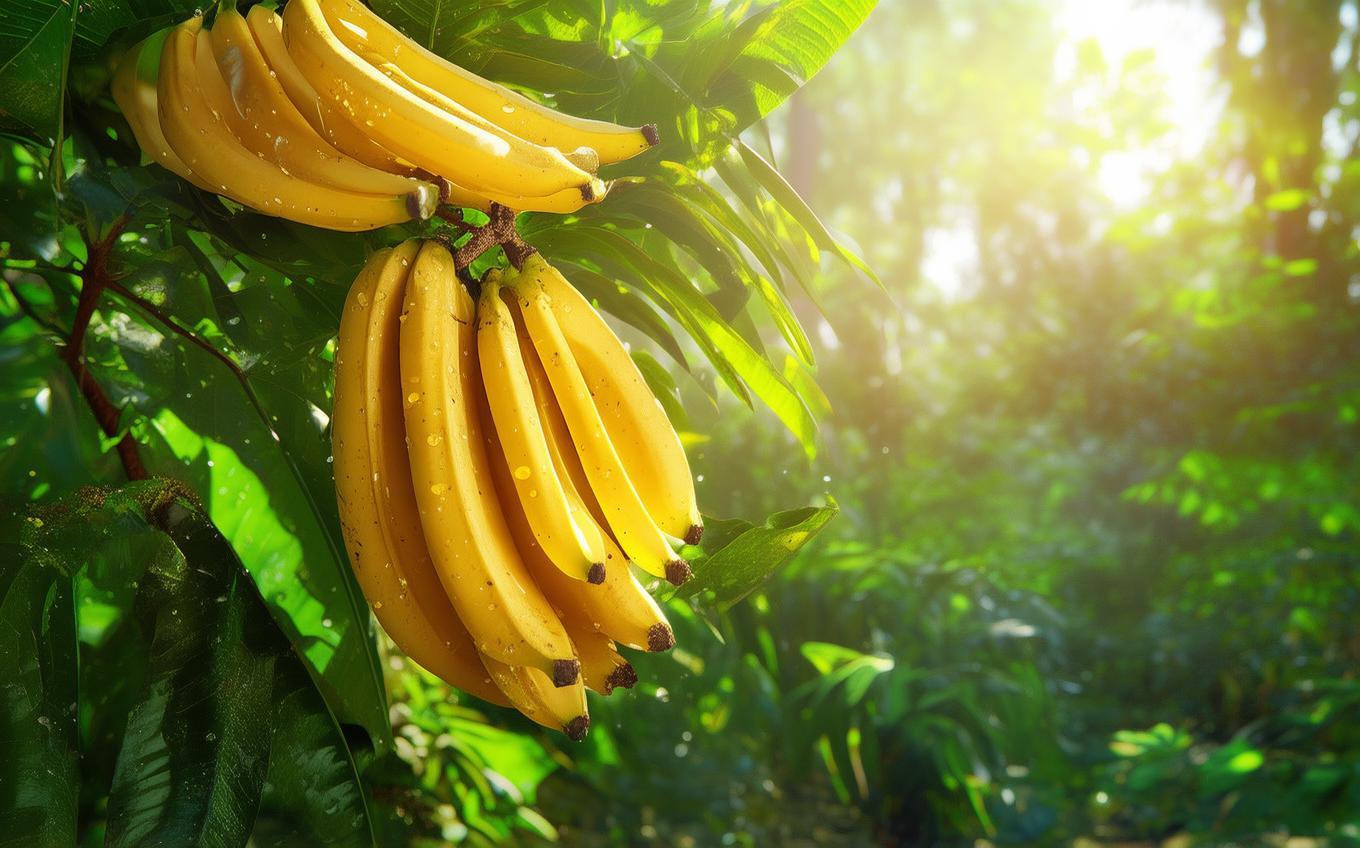Understanding "香蕉" - Chinese Word Explanation
1. Basic Information
- Word: 香蕉
- Pinyin: xiāngjiāo
- Literal Meaning: "Fragrant plantain" (香 = fragrant, 蕉 = plantain/banana)
- Primary Meaning: Banana (the fruit)
2. In-depth Explanation
Context and Usage
"香蕉" is the standard Mandarin term for the fruit "banana." It is used in everyday conversations, grocery shopping, cooking, and any context involving food or nutrition. Unlike English, which only has one common word ("banana"), Chinese uses "香蕉" universally for both the fruit and the plant.
Character Breakdown
- 香 (xiāng): Means "fragrant" or "aromatic." This character often appears in words related to pleasant smells (e.g., 香水 xiāngshuǐ, "perfume").
- 蕉 (jiāo): Refers to plants in the banana family (Musaceae). It can also mean "plantain" in some contexts.
Together, the characters highlight the fruit’s sweet aroma and botanical classification.
3. Example Sentences
-
Chinese: 我喜欢吃香蕉。
Pinyin: Wǒ xǐhuān chī xiāngjiāo.
English: I like to eat bananas. -
Chinese: 请买一些香蕉。
Pinyin: Qǐng mǎi yīxiē xiāngjiāo.
English: Please buy some bananas. -
Chinese: 香蕉对健康有益。
Pinyin: Xiāngjiāo duì jiànkāng yǒuyì.
English: Bananas are good for health.
Cultural Notes
- Bananas are a popular and affordable fruit in China, often eaten as a snack or used in desserts.
- In traditional Chinese medicine, bananas are considered cooling (凉 liáng) and are sometimes recommended to balance internal heat.
- The phrase "香蕉人" (xiāngjiāo rén, "banana person") humorously describes Westernized Chinese people—yellow on the outside (skin color) but white on the inside (cultural identity).
Conclusion
"香蕉" (xiāngjiāo) is the essential word for "banana" in Chinese. Remember its characters—香 (fragrant) and 蕉 (plantain)—to associate it with the fruit’s sweet smell and botanical family. Use it confidently in food-related conversations!




Comments (0)
No comments yet. Be the first to comment!